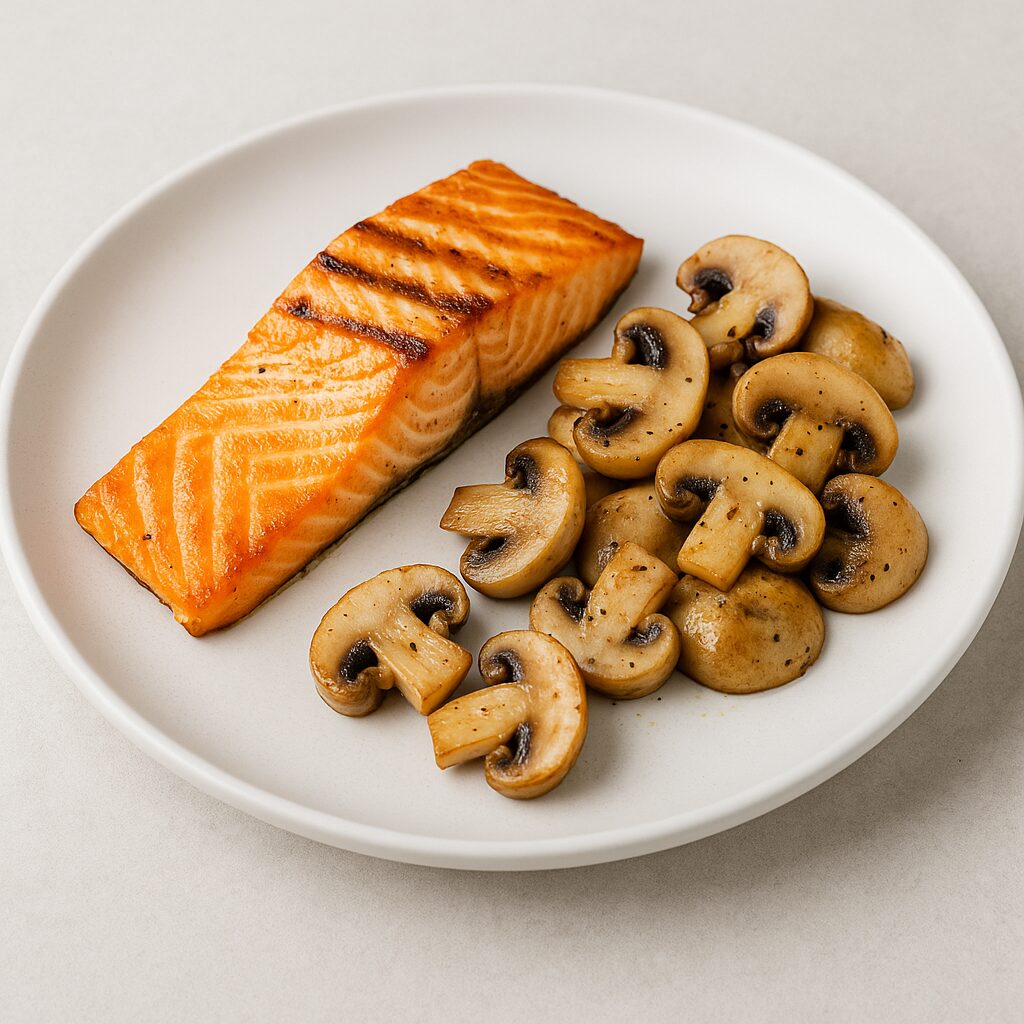Vitamin B3, also known as niacin, is a water-soluble vitamin that may play an essential role in energy metabolism, nervous system function, and cardiovascular wellness. As part of the B-complex group, it could support cellular health, circulation, and skin vitality. This article highlights the potential benefits of vitamin B3, signs of deficiency, safe intake, and common food sources.

1. Energy Production
Vitamin B3 helps convert carbohydrates, proteins, and fats into usable energy. Adequate intake may support reduced fatigue and improved daily vitality.
2. Skin Health
Niacin may strengthen the skin barrier, reduce inflammation, and support hydration. It could also contribute to smoother skin texture and assist with acne management.
3. Nervous System Support
Vitamin B3 plays a role in neurotransmitter production and cognitive function. Balanced levels may support focus, memory, and mental clarity.
4. Cholesterol Management
Niacin may improve lipid balance by lowering LDL cholesterol and triglycerides while increasing HDL cholesterol. This effect could contribute to cardiovascular health.
5. Circulation Improvement
Vitamin B3 helps dilate blood vessels, which may improve blood flow and reduce cold hands or feet. This effect could also relieve mild tension headaches in some individuals.
6. Digestive Health
Niacin supports proper digestive enzyme activity and gut lining protection. Deficiency may cause poor appetite, diarrhea, or discomfort.
7. Antioxidant Support
As part of cellular defense, vitamin B3 may help reduce oxidative stress and support healthy aging. It could also assist in reducing inflammation in tissues.
8. Deficiency Concerns
Severe deficiency may lead to pellagra, characterized by dermatitis, diarrhea, and cognitive impairment. Even mild deficiency can cause fatigue and irritability.
9. Risks of Excess
High-dose supplementation may lead to skin flushing, nausea, liver stress, or insulin resistance. Food-based intake is generally safe, but supplements should be guided by professional advice.
10. Food Sources
Vitamin B3 is found in poultry, beef, pork, fish such as tuna and salmon, whole grains, nuts, seeds, and mushrooms. The amino acid tryptophan can also be converted into niacin within the body.
🌿
Vitamin B3 may contribute to energy production, healthy skin, nervous system support, cholesterol balance, and circulation. Ensuring sufficient intake through a balanced diet could help maintain overall wellness, while supplementation should be monitored for safety.
References and Further Reading
World Health Organization (WHO) – Niacin and Health
National Institutes of Health (NIH) – Vitamin B3 Fact Sheet
American Heart Association – Nutrition and Cholesterol
※ This article is for general informational purposes only. Individual needs may vary, and professional consultation is recommended before supplementation.